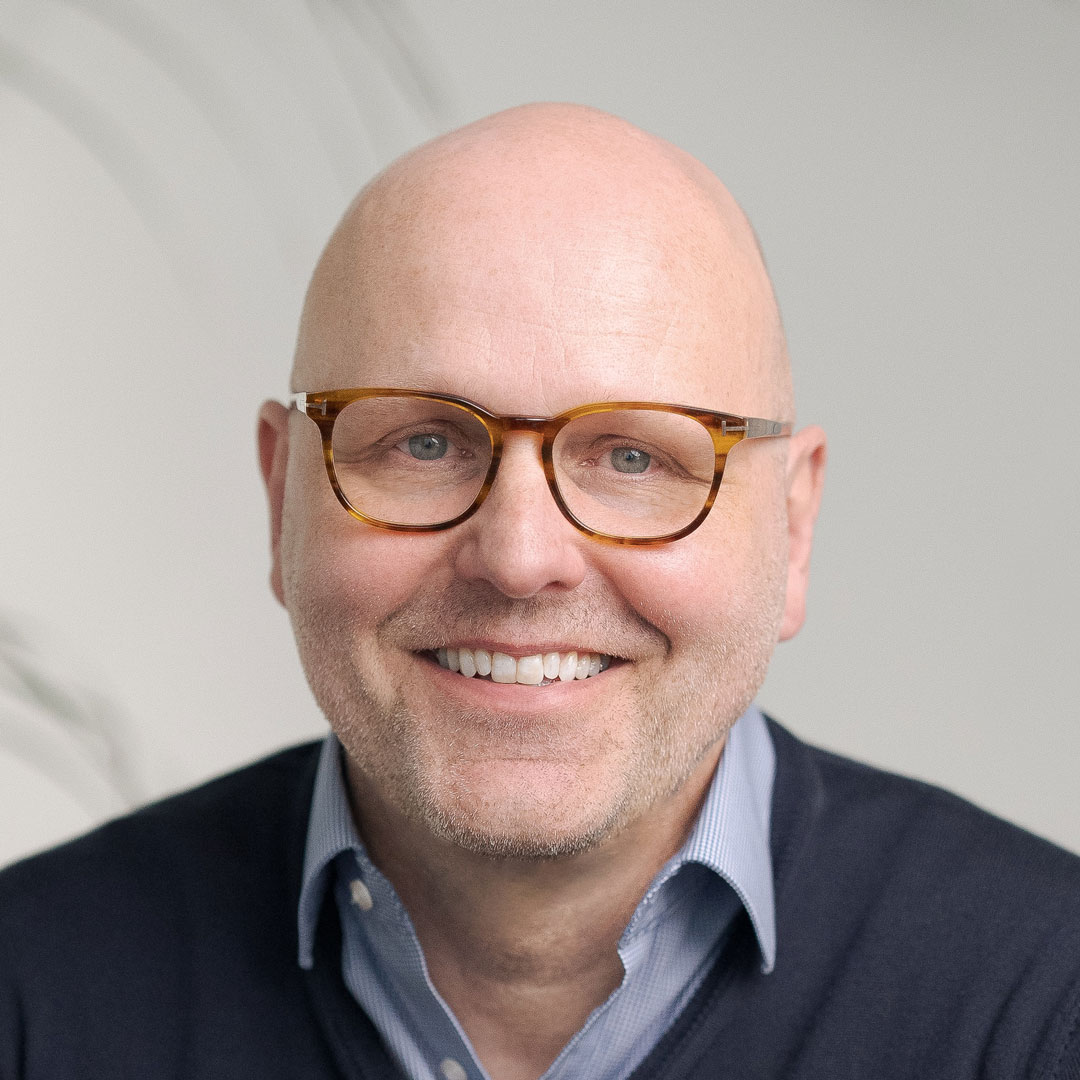
Do you want to become more competent and confident in your role as a leader or improve your personal impact? Do you want to learn how to communicate more concisely? As a coach, I will support you in fully exploiting your professional and personal potential. For more clarity, orientation, and satisfaction. My approach is to be curious and always challenge others in a positive sense. Because lasting change is only possible through emotional involvement. This is why coaching processes are always about leaving your comfort zone and entering the realm of resources, where you can discover your individual problem-solving skills. I will support you gently, respectfully, but also honestly by asking the right questions. You will learn to approach your issues from different perspectives and as a result, take advantage of new courses of action. Of course, this is sometimes a little uncomfortable. But insights that do not make an impact also do not change anything. My goal: For you to exceed yourself, and for me to become obsolete as quickly as possible. Is this exactly what you are looking for? Then I look forward to hearing from you.



Coaching is a clearly structured process. After an initial chemistry check (either virtually or in person) during which we get to know each other, we start by clarifying what you want to achieve with the coaching process. This also involves clarifying your expectations of me as a coach. Then the actual coaching process begins – usually no more than 6-8 sessions. You will then come to the next session with your experiences from your day-to-day life and work. This is often a matter of reflecting on your experiences and fine-tuning new courses of action. Finally, the process comes to an end when you feel well equipped with new options for action in relation to your issues.
Chemistry check
Virtually or in person
First session
1,5 - 2 hours
Follow-up sessions
3 – 7 sessions lasting 1.5 – 2 hours each
Transfer Review
after a few months
Alternatively, we can also dive into an issue intensively in the form of one coaching day, examine it from different perspectives, and develop sustainable solutions. After a "compact coaching" session you will have fresh ideas on how to approach certain issues differently in your day-to-day life and work. A coaching day usually runs from 10:00 a.m. to 4:00 p.m., including a one-hour lunch break.
The psychology of leadership is essentially concerned with the questions of how you, as a leader, manage to get employees to follow you, and why employees should follow you in particular as a leader. Coaching supports you in getting to know yourself. Who are you as a person and as a leader? In which direction do you want to grow as a person and as a leader? How do your personal character, your values, and your behavior influence the way you deal with your employees? Coaching is about increasing awareness in dealing with your thoughts and feelings, reflecting on the impact of your own behavior, and, on this basis, shaping your behavior toward others more deliberately and flexibly.
This is especially true in times of digitization and the introduction of agile methods of working, in which hierarchies break down and self-organized work becomes the new modus operandi. Leaders can no longer know and decide everything. Leadership is increasingly about "making things happen." When classic structures in an organization break down, inner clarity becomes increasingly important. If you have this inner clarity and know yourself well, your employees will trust you as a person and as a leader and allow you to guide them in new directions.
Whether to determine strengths and potential, to describe behavior in stressful situations, or to assess your "fit" in a company, if desired I will use a Hogan Assessment in my coaching and leadership training sessions. Hogan Assessments can be used to predict behavior in organizations and the results can be used directly for your desired personal development. The special feature: The only system in the world that uses three perspectives of personality to describe people in the workplace, this personality diagnostic system measures the external image rather than the self-image. That means: In the context of a coaching measure, the use of a Hogan Assessment makes it possible to specify and accelerate the clarification of tasks and goals. In a training session, it offers participants the opportunity to self-reflect more deeply and to better understand their own personality as well as certain response patterns in the work context. Sounds interesting?
Personal development is a subject area in coaching that is not only aimed at leaders, but also at anyone who wants to explore their personality and initiate personal growth through coaching.
Call me on +49 (0)211 130 68 778
If you embark on a coaching journey, you can expect profound changes. Changes that you may not have expected at the beginning of the coaching process. Because often the real issue – or rather: the underlying issue – only becomes visible later on. But of course, the question of what the benefits of coaching actually are is more than justified. Below are a few changes that my clients have told me about:
Frank Gieth
Louise-Dumont-Strasse 9
40211 Düsseldorf
+49 (0)211 130 68 778
send email
www.frank-gieth.com